Neptium
Class struggle in all its forms.
- 11 Posts
- 53 Comments
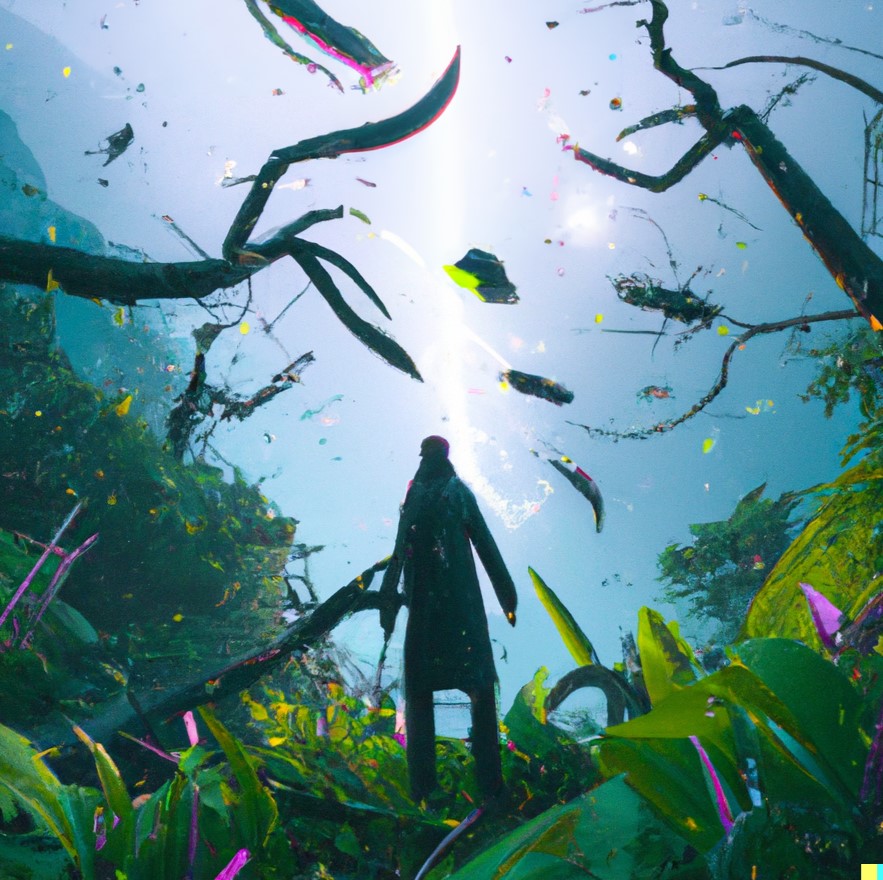
 1·7 months ago
1·7 months agoLate response but surau is only used in Southeast Asia.

 30·7 months ago
30·7 months agoThe surau (a small prayer house) is the cornerstone of every village community here. Education, communal meetings and gatherings, and spirituality is found there.
In every surau, in every prayer - 5 times a day, in every khutbah, in every doaa, Palestine and Gaza is mentioned.
The same can’t be said about Saudi Arabia.
I can’t recall the number of Palestinian flags I have came across throughout the countryside and urban areas. That’s the reality of the mass support of Palestine.
May Allah grant victory to those that have been wronged. Amin.
Death to Capitalism and Imperialism.
Death to the Persian Gulf monarchies and Israel.
Death to Amerika.

 2·7 months ago
2·7 months agoThis has been the second time that I know of where there was news of an alleged Israeli normalization wrt to Indonesia.
Both are false from what I know and as you point out. It is overwhelmingly unpopular to normalize, historically, currently, and for the foreseeable future.
Normalization would anger both major factions of Indonesian Islam, Muhammadiyah and Nahdlatul Ulama. It is politically unfeasible.
I can only suspect the cause for such fake news to spread, probably as means of hybrid warfare of course, but the specific aims remains to be seen.
Free Malaysia Today despite the cringe name is okay in terms of news. I say it represents a neutral (Malaysian wise, so much much better) if slightly left-leaning on marginal local issues.
As for the the upgrading of military ties, yes that is true, and Western news source often amplify this fact when talking about Indonesian relations. However in reality, economically, Indonesia has always benefitted more from Chinese trade than the USA, unlike what can be said about Viet Nam, so I would still class it as par for the course for Indonesian foreign policy.
Unfortunately the aid dropping thing is common parlance for those supporting Palestine in Southeast Asia. The Jakarta Post is known to be a propaganda outlet for the ruling Indonesian establishment though. I suspect this “announcement” was made just for cheap political points locally.
Nothing fundamentally changes as of now.
It is unwise to portray all compradors and national bourgeoisie as having the same interests as each other. There are differences that can and should be exploited by left forces.

 49·7 months ago
49·7 months agoOn Friday, Bolivia’s foreign ministry issued a statement, saying the country “expresses its solidarity with the sister People’s Republic of China, in the face of the loss of life and severe material damage caused by a large earthquake that occurred in recent hours off the coast of Taiwan”.
Lol
Taiwan slams Bolivia for quake solidarity with China - CNA
DPP authorities’ politicization of earthquake a ‘secondary disaster’ to Taiwan residents - Global Times
I couldn’t find the actual statement on their website.

 15·7 months ago
15·7 months agoI am not one to usually post deeply cynical stuff, but was going through Andre Vltchek’s works and this section especially relevant.
“It is a brutal horror show, the never-ending awfulness of Western neo-colonialism, as well as the sleazy servility of local rulers. The results are omnipresent: the beaches of entire countries are devastated and privatized. Whole enormous islands like Borneo, Papua and Sumatra are finished, scarred and poisoned by local and multi-national corporations. It is smoke and filth, clogged rivers, collapsed cultures. Entire ancient civilizations are wiped-out, converted to 4th rate replicas of Disneyland. No mercy, no compassion, no future.
But it is all hushed up. Crimes are denied. Outraged, confused nations are called ‘lands of smiles’, or ‘’friendly and tolerant archipelagos’.
It is insane, but tens of millions of foreign tourists descend on this ruined part of the world, annually. They see nothing. Some like it. They only nurture their complexes of superiority here. They do not want to understand anything. They choose to be blind. Cheap sex, shitty alcohol and beach food, as well as monumental sunburns. They continue the demolition work which has been triggered by their governments and corporations.”

 55·7 months ago
55·7 months agoThailand’s economy stumbles as Philippines, Vietnam, Indonesia race ahead
Thai economy is falling far behind its Southeast Asian peers amid growing middle-income trap fears.
Growing fears? Thailand has been in the trap since the 1997-98 financial crisis that the imperialists subjected the country to. Surprising that when foreigners run a speculative roulette in your economy, it collapses! GDP growth has never been the same afterwards.
Now, under an 200 years-outdated Royal-Military superstructure I don’t see how things will improve. Suffering with a fertility rate of 1.3 without the economic development of South Korea, Japan or Singapore.
China’s BRI will help with badly needed infrastructure but the rot goes deeper. It is projected that Viet Nam will reach parity with Thailand’s economy by 2030, and soon overtake it after that. Long gone are the days of import-substitution industrialization.
Thailand may have escaped the tumultuous period of European colonization from the 1500s-1800s but is now suffering under the imperialism and “neo-imperialism” of the 1900s and 2000s.
No wonder Thailand ruling class has shifted it’s alliances towards China, as shown by the recent ISEAS poll. However, NGOs and “activists” have now been mobilised in this moribund economy to maintain US hegemony.
Betrayed and continuing to be betrayed by the West for 100 years. Sometimes we learn the lesson the hard way.
It may be dangerous to be America’s enemy, but to be America’s friend is fatal.

 10·7 months ago
10·7 months agoIronic isn’t it?
The countries that were most influenced by Chinese culture are often the most anti-Chinese.
South Korea, Japan and Vietnam.

 23·7 months ago
23·7 months agoSingapore still has the next largest proportion of muslims in Southeast Asia, 15%.
And as much as they act otherwise, Singapore is still within the cultural realm of Malaysia, Indonesia and Brunei. They inevitably will be influenced by the trends seen in their neighbouring countries.

 53·7 months ago
53·7 months agoFrom that ISEAS survey that was linked before:
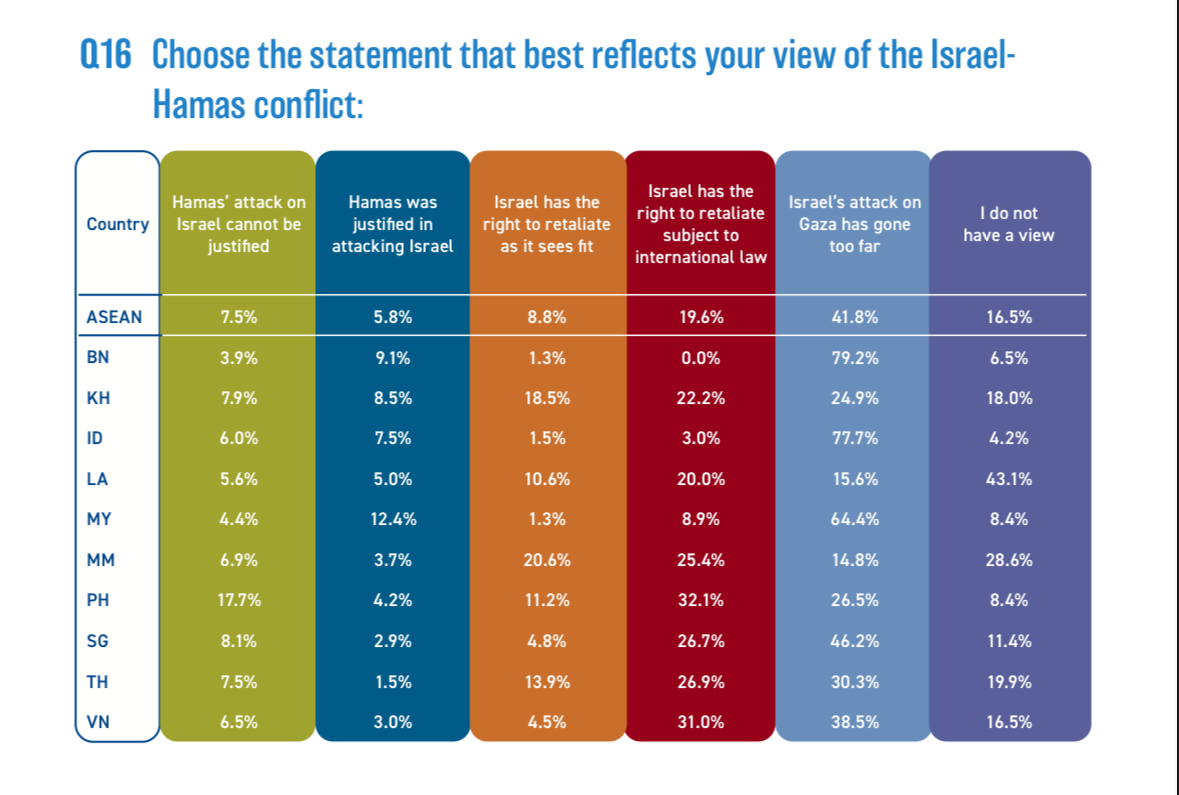
12.4% in Malaysia says Hamas was justified in attacking Israel
I serve the red, white and blue 🇲🇾🇲🇾


 13·7 months ago
13·7 months agoAlthough that plays a large part, Muslim Southeast Asia has always been more China friendly than the rest. Even after Western propaganda regarding the Uyghurs.
In the survey itself, I think the more interesting shift is Thailand, Cambodia and Myanmar edging closer or slightly surpassing the 50% mark.

 12·7 months ago
12·7 months agoIt depends on the country I feel. I think Singapore/Indonesia is more China friendly on the ground than is reflected in the polls. Philipines is much more neutral.
Myanmar - I am unsure which specific people and group they polled but I think certain ethnic enclaves are much more China friendly than it implies, especially along the border with China.

 29·7 months ago
29·7 months agoImportant to note that the ISEAS-Yusof Survey has always measured the opinions of the elites and the professional middle classes moreso than the average person.
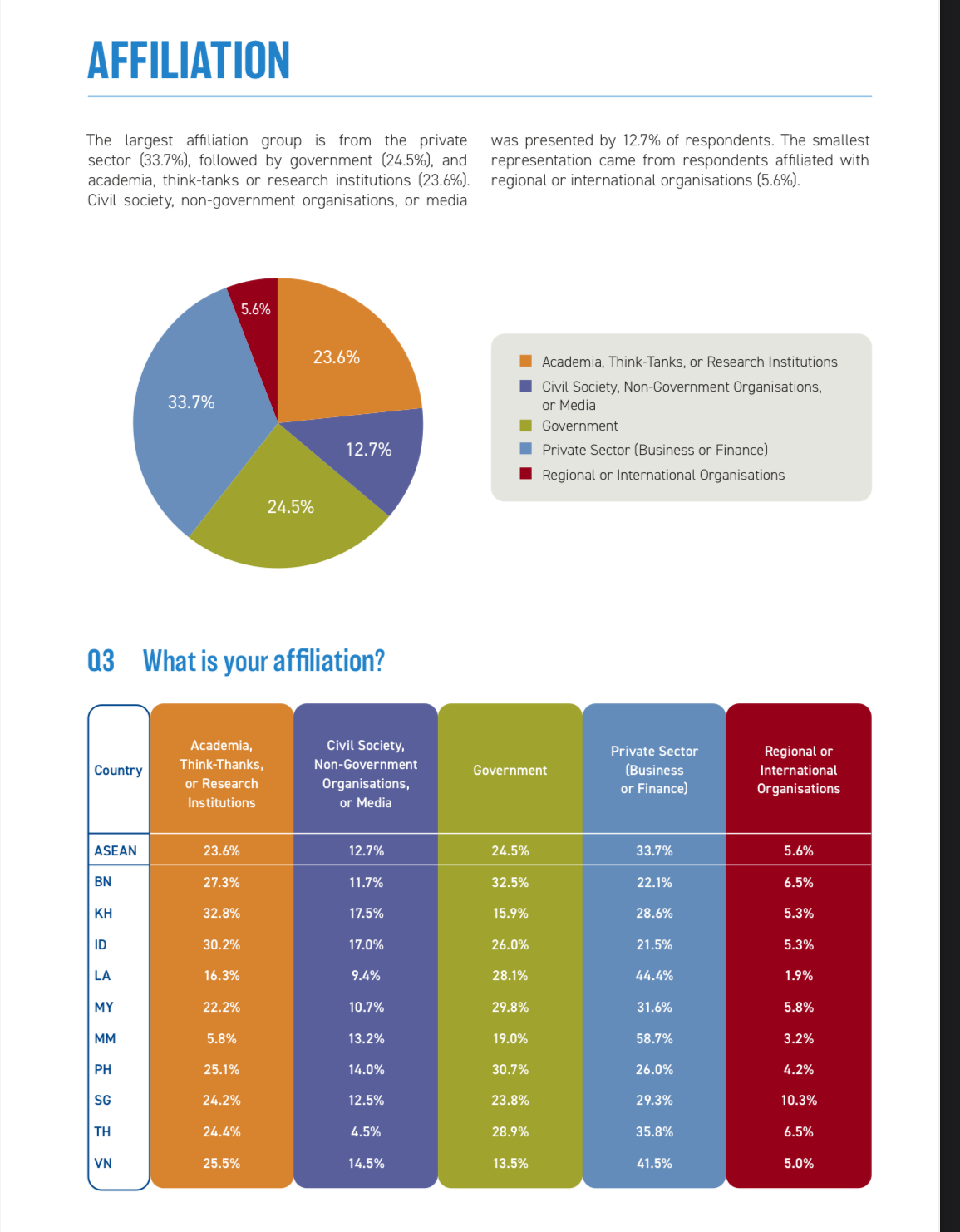

 20·7 months ago
20·7 months agoI definitely agree.
This article “Why ‘non-alignment’ is obsolete, costly optical illusion” does go over some issues regarding the toothless Non-aligned Movement if they do not fully commit to truly being independent like Iran or Belarus. I don’t really have any good arguments against what the author is saying, even if it’s mainly referring to an African context.

 28·7 months ago
28·7 months agoI assume you mean DPRK’s relation with Indonesia/Malaysia?
From what I know there is some trade that goes on between both countries and North Korea but it is quite minuscule.
Right now North Korea still struggles with agricultural production and requires imports but both Malaysia/Indonesia, suffering from Imperialism, means that they are unable to provide what North Korea wants. Both Indonesia and Malaysia are net food importers. Indonesia especially is neo-colonized and de-industrialized.
Although Malaysia is able to provide industrial electronic goods, North Korea is able to source them directly from China which I assume is much easier and cheaper. Military equipment wise both Indonesia/Malaysia defence industries are undeveloped and so that also hampers any potential for trade with North Korea.
The relations between North Korea and Malaysia/Indonesia has and will probably continue to be mostly symbolic but I think the future does look brighter. Inshallah.
Edit: I forgot to say that Indonesia and previously Malaysia maintaining good relations with North Korea despite no economic benefits and invites criticism by the West does showcase some semblance of independence despite facing imperialism. It should be supported.

 46·7 months ago
46·7 months agoI made a comment on Lemmygrad months back giving a brief overview of North Korea-Malaysia relations. Malaysians used to have visa-free access to North Korea.
Here’s a copy
North Korea-Malaysia diplomatic relations were cordial in the past but worsened in 2017 after the assassination of Kim Jong-nam in 2017 in KLIA. Relationships soured further in 2021 after Malaysia expedited a North Korean businessman to the US in contradiction to north Korean wishes.
Further information by an official Malaysian government website. Another Malaysian site detailing the timeline of events.
Here is north Korea’s official response by their Ministry of Foreign Affairs.
It is important to note however the Malaysian establishment is in favour of positive diplomatic relations with North Korea. Friendly relations is especially advocated by Mahathir, a member of the traditional Malay-Muslim ascendant national bourgeoisie that governed as PM from 1981-2003 and 2018-2020. He did leave remarks that he wanted to improve relations with North Korea when he was in power. However after the Sheraton move, and subsequently 2 governent reshuffles and the 2022 election, diplomatic relations with North Korea is stuck in limbo without any sign of change in the short term.
In terms of national ideology and foreign policy, North Korea and Malaysia have more in common than differences. To speak of it in a Malaysian perspective, Malaysia was one of the first member of ASEAN to normalize relations with communist countries. Despite being a middle-power state, it has more than 111 diplomatic missions in 85 countries, with a passport holding visa-free travel through 168 territories.
Although the current circumstances is unfortunate, I don’t doubt that eventually Malaysia-North Korea relations will warm up again - especially with the decline of US-led Western hegemony.
As for Indonesia, this article titled Indonesia and North Korea: warm memories of the Cold War gives quite detailed information on the subject.
I’d also like to add that DPRK alongside Iran, are the only ones that maintain a strictly progressive and anti-imperialist position on “Israel” and Palestine.
All other AES and Islamic countries falter, either through their “2-state solution” rhetoric or even worse by having non-insignificant economic relations with “Israel” (looking at you Viet Nam).

 12·7 months ago
12·7 months agoIs this a Uyghurs attempt by

 ?
?Yes.
Iran has been facing crippling sanctions from the USA that is equivalent to that of Cuba.
We should be especially careful with narratives from Western media (Human Rights Watch) and Western-allied media (Al-Jazeera).
I did a quick read of the HRW report, which cites numerous Iranian Human Rights NGOs based in the USA, with one of them, on their wikipedia page even saying it was funded by the US Department Of State.
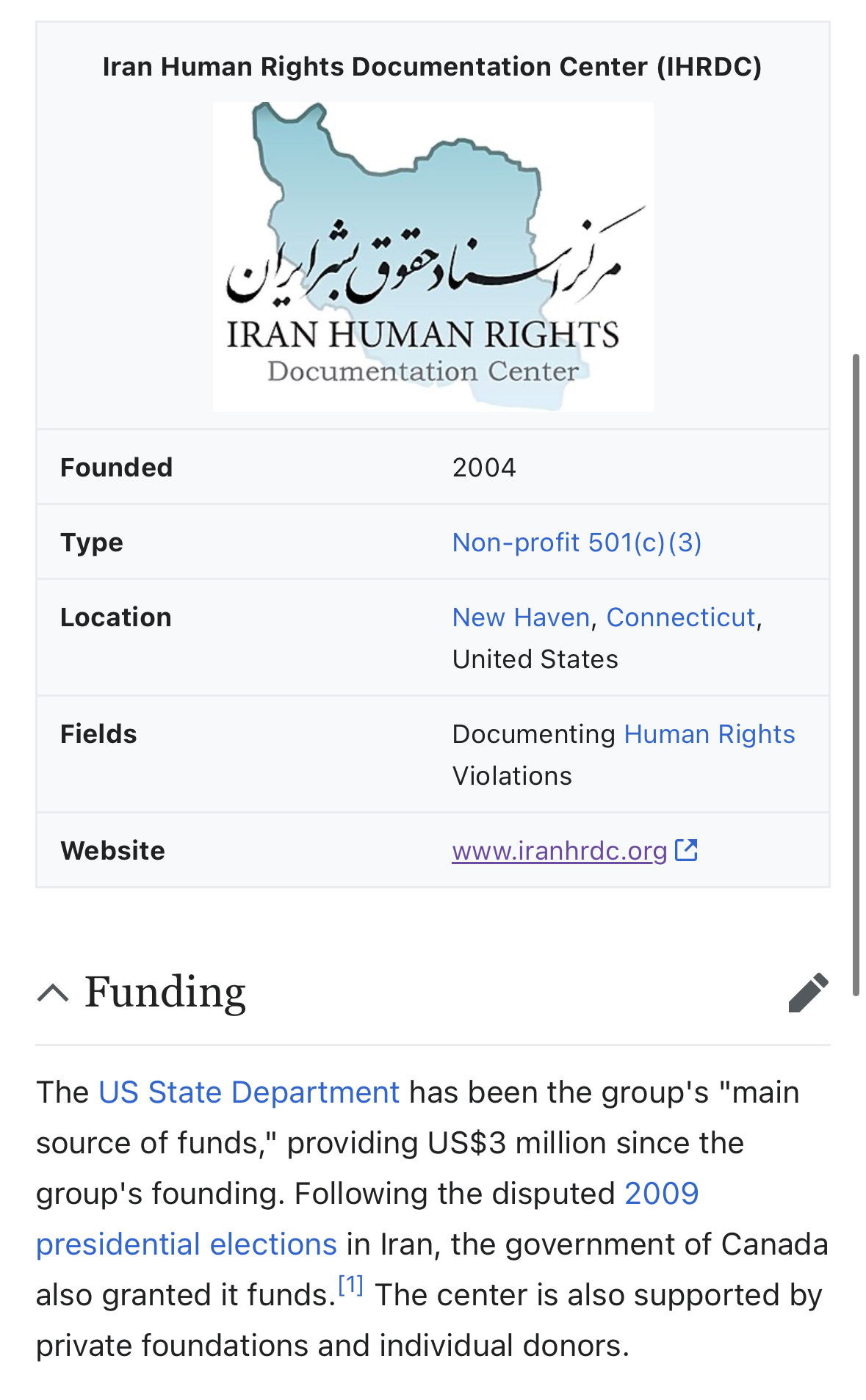
So much benefit of doubt is given to these Western aligned NGOs but not a single shred is given to an imperialized nation that is perhaps the only Islamic country on Earth to successfully and completely defeat Imperialism from it’s borders (except perhaps Algeria)?
Looking at the actual HRW report:
Immediately revoke all policies and repeal laws that legalize violations of the rights of Baha’is, including but not limited to:
- Article 12 of the Iranian Constitution
Oh Article 12 which states:
The official religion of Iran is Islam and the Twelver Ja’fari school [in usual al-Din and fiqh], and this principle will remain eternally immutable. Other Islamic schools, including the Hanafi, Shafi’i, Maliki, Hanbali, and Zaydi, are to be accorded full respect, and their followers are free to act in accordance with their own jurisprudence in performing their religious rites. These schools enjoy official status in matters pertaining to religious education, affairs of personal status (marriage, divorce, inheritance, and wills) and related litigation in courts of law. In regions of the country where Muslims following any one of these schools [fiqh] constitute the majority, local regulations, within the bounds of the jurisdiction of local councils, are to be in accordance with the respective school [fiqh], without infringing upon the rights of the followers of other schools.
So they basically want to reverse the popular revolution of the masses that overwhelmingly supported the Islamic revolution of 1979? Perhaps now we know what the geopolitical aims that this false narrative of persecutions and oppression is hoping to entail?
By the way here’s Article 13 and 14 of the constitution:
Article 13: Zoroastrian, Jewish, and Christian Iranians are the only recognized religious minorities, who, within the limits of the law, are free to perform their religious rites and ceremonies, and to act according to their own canon in matters of personal affairs and religious education.
Article 14: In accordance with the sacred verse; (“God does not forbid you to deal kindly and justly with those who have not fought against you because of your religion and who have not expelled you from your homes” [60:8]), the government of the Islamic Republic of Iran and all Muslims are duty-bound to treat non-Muslims in conformity with ethical norms and the principles of Islamic justice and equity, and to respect their human rights. This principle applies to all who refrain from engaging in conspiracy or activity against Islam and the Islamic Republic of Iran.

 42·7 months ago
42·7 months agoforeigners are moving in.
Was this made in the 1500s

 51·7 months ago
51·7 months agoJust read an article that talks about imperialism, neo-colonialism, coloniality, decoloniality and feminism that was funded by the NED.
We believe in collective movements and are interested in further observing the growing connectivity within and without the region, especially in the last few years: from Thailand to Myanmar and Hong Kong, as seen in the Milk Tea Alliance and pro-democracy movements. These show us the power of the people, who are constantly building political solidarity for a common goal. Our shared past (i.e. colonialism) still shapes our shared present struggle for an inclusive democracy.
Anti-imperialism in form but imperialism in substance.

 52·8 months ago
52·8 months agoSo the collaborator oligarchs that are conducting genocide in West Papua had the audacity to ask the Western mining conglomerate Freeport to invest in downstream industries and they are complaining.
Freeport warns copper export ban could cost Indonesia $2 billion in lost revenue
Classic




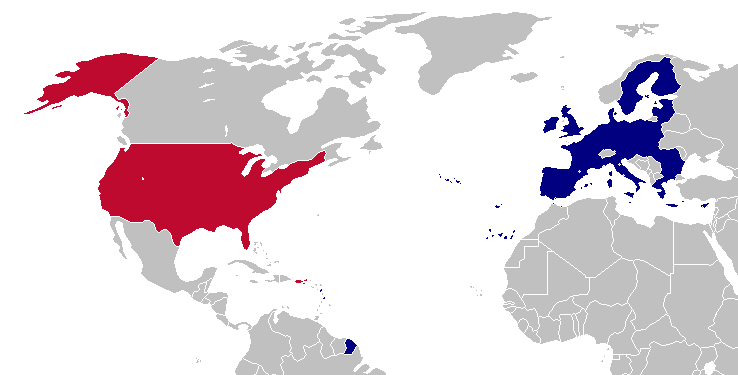

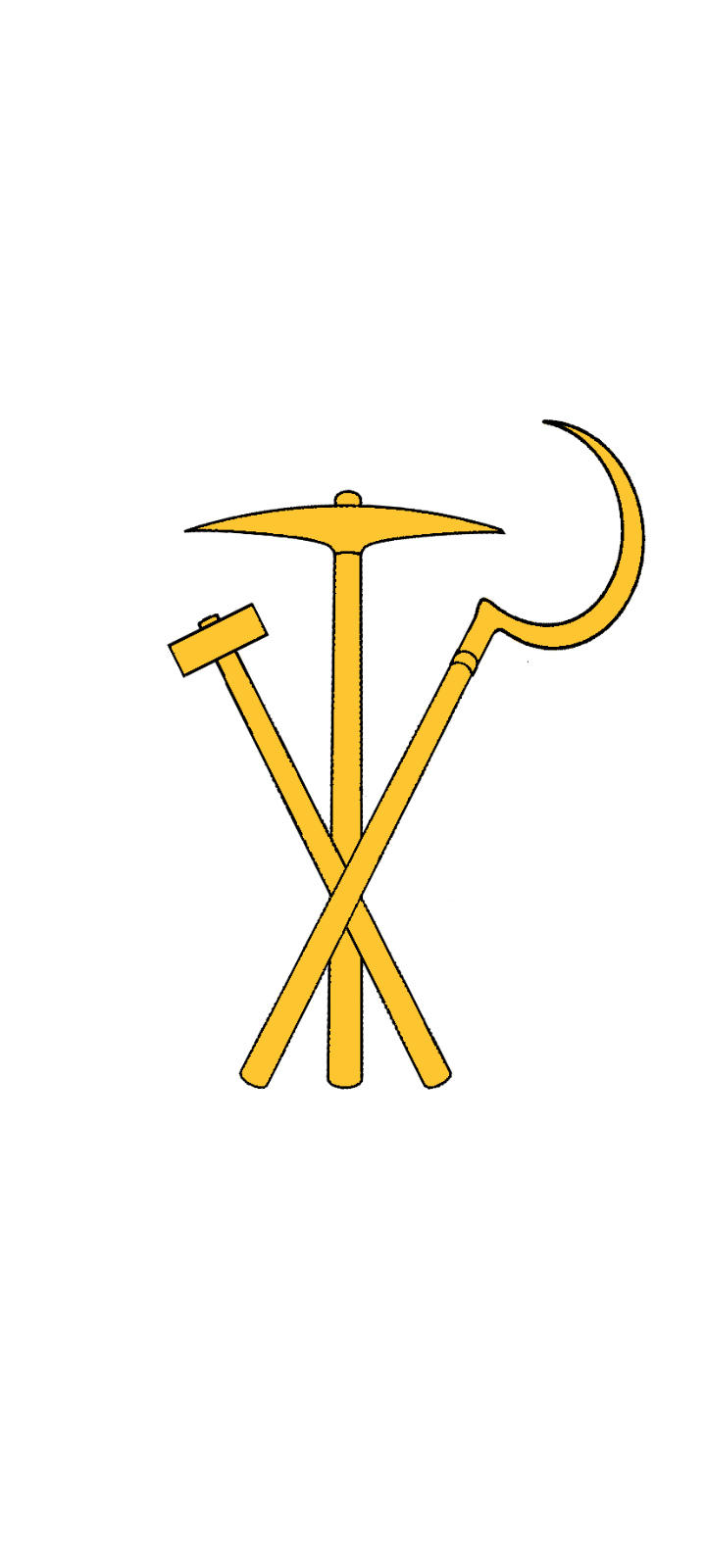

This is a crosspost from the original on Lemmygrad here.
On the road to high-income
This is the 1st part of a 2-part series that aims to elucidate postcolonial Malaysian history. The 2nd part will focus on Malaysian-Chinese relations as an elaboration of the history and contradictions discussed here.
the rest of the essay
Malaysia gained independence in 1957 with over 50% of the population living in poverty. The ruling classes, who collaborated with the colonizers in persecuting communists and left forces, were forced to embark on a series of developmentalist policies to negate rising class consciousness among the populace.
Ghana and Malaysia were once taught of as twin brothers, having gained independence in the same year with an economy of a similar size and structure. Now, after more than 65 years have passed, the story could be anything but different. Malaysia’s GDP per capita is now 5 times larger, life expectancy 11 years longer and manufactured goods account for more than 80% of exports. In stark contrast to Ghana, which still is stuck in raw commodity exports, priamrily gold.
Over the course of the 70s, 80s and 90s, a push for industrialisation saw the creation of a national car company, the establishment of semiconductor manufacturing in the northern state of Penang and the mechanisation of Palm Oil production, making Malaysia the world’s largest producer until 2006, when much more populous Indonesia finally overtook the country. Crucially, Malaysia also retained state control of its oil sector under the national banner of Petronas which continues to be a major source of foreign exchange and income.
The aftermath of the 1997-98 Asian financial crisis prematurely ended this era of industrialisation. However unlike Malaysia’s neighbouring states, the nation’s state finances were largely positive and could afford to refuse the diktats of the IMF and World Bank that called for much more vast and expansive neoliberal structural adjustments. Additional competition from Chinese manufacturing meant Malaysia’s manufacturing sector was on the downturn during the 2000s and remained stagnant for much of the 2010s.
As the government steps into its 12th 5-year plan in 2020, an emphasis on (re-)industrialisation has now begun. Coupled with its New Industrial Master Plan 2030, the government now seeks to transform the economy to finally graduate from its upper-middle income status by 2030.
This would mark a first for a postcolonial country of a modest size and ethnic diversity to graduate to high-income. It would ultimately also be a first because it is a country that stood more in defiance than support of the West for much of its history.
The “New” Political Economy
However, this defiance in practice is quite restrained, as the country’s open economy means it is unable to antagonise any major economies, which includes the USA. This is reflected in the establishment’s reluctance in leaving the Five Powers Defence Arrangement (FDPA), a remnant of the country’s colonial history that stipulates military co-operation with it’s former colonial masters, the United Kingdom, and her other colonies, namely, Singapore, Australia and New Zealand.
Furthermore, there are still structural blocks that are withholding the nation’s ability to bring general prosperity to all. The racialized economic base remains largely unchanged since the colonial era, with one major exception, which is the establishment of an indigenous Malay-Muslim bourgeosie that benefits heavily from the inflated government bureaucracy and extensive network of government-owned and government-linked companies. Outside the public sector, which remains Malay-Muslim dominated, the private sector is still dominated by local Chinese and Indian haute-bourgeoisie that benefit from this racial stratification of the economy.
In the past, the British brought waves of Chinese, Indian and Javanese migrants to Malaya to work in the plantations and mines. Now, this pattern continues with Malaysia’s over-reliance and super-exploitation of foreign South Asian labour that depresses wages locally. Roughly 10% of Malaysia’s population are immigrants, amounting to 3 million, with an additional 2-3 million undocumented. Hosting the largest Bangladeshi population outside of Bangladesh itself.
The successful urbanisation and proletarianisation of a large vast of the Malaysian population, lead to the rise of a modern political Islam that, similar to Mao’s famous saying, is “surrounding the cities from the countryside”. In contrast to this radical political Islam is the rise of an affluent urban middle class, whose ideological pretensions vacillate between comprador anglophilia to “secular” cultural nationalism. This is reflected in the numerous political parties that dot the landscape of Malaysian politics, all with it’s own class and ideological affiliations.
Malaysia is now at the crossroads of old and new. Questions of Marxism and Communism, which continue to be slandered in the political mainstream for being extremist, anti-thiest, and antithetical to “Asian culture”, is being countered at an astonishing rate for many who are tired of the old Cold War rhetorics. Figures that were sidelined and entire political histories ignored after the defeat of the left forces, are being rediscovered as many are fed up with the promises of development seemingly only benefiting those at the top.
Malaysia is not exempt from the transformations taking place in the larger world economy. In fact, Malaysian history is defined by its location between trading destinations which caused it to be colonized in the first place. For better or for worse, this central location allowed Malaysia to have an open (political) economy of remarkable fluidity and diversity. Internationalism is never too far from home.
Sourced from an online essay titled “The New Cannot Be Born: Reflections on Politics in the Land of Mediocrities” by Anas Nor’Azim. Link. ↩︎